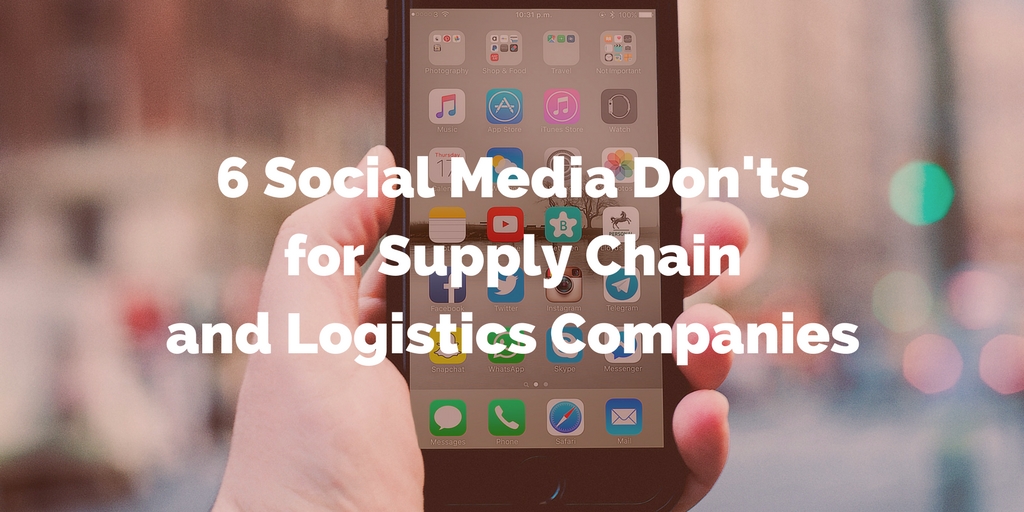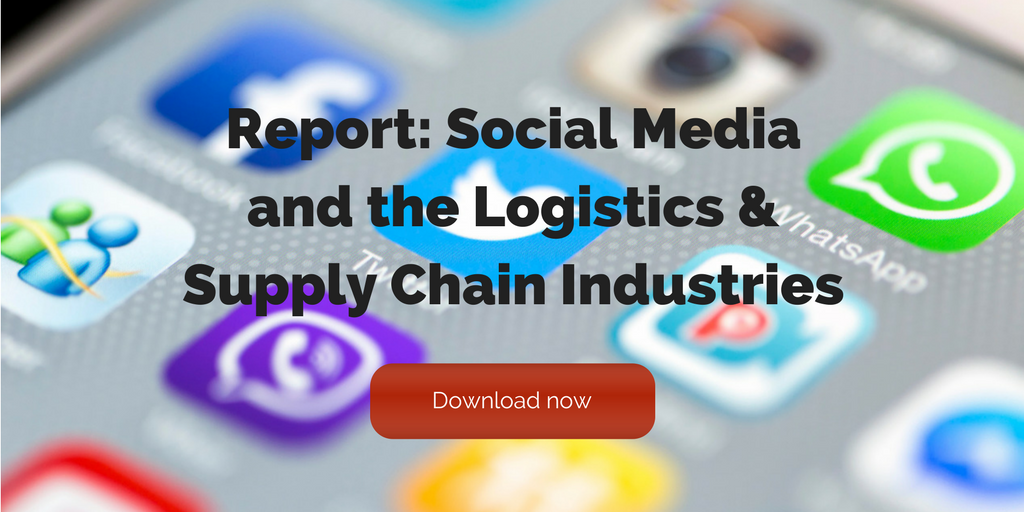In keeping with social media etiquette for businesses, you really shouldn’t do these things.
It’s easy to get bombarded with suggestions on how to interact with your customer base on social media. Amid the endless barrage of ideas for what to do, it’s worth remembering that not all social media engagement is equal — sometimes, it’s just as important to remember what not to do. (See for example #LeggingsGate.)
Let’s talk about the specifics of keeping your proverbial foot out of your business’ mouth online. Take a look at the list below of 6 don’ts for B2B businesses.
6 social media don’ts
1) Don’t assume that just because you’re online, offline rules of communication and conduct don’t apply.
It may seem obvious, but it’s all-too-often forgotten. This is a good rule, and an easy metric by which to judge any content before posting: Your interactions online should measure up to professional interactions you would have in person.
2) Don’t re-post, re-tweet, re-gram, or re-share external content without a thorough check first.
Re-posting content that’s of interest to your business’ audience is a great way to promote discussion and engagement. But don’t get sloppy. Remember that even if content didn’t start with you, if it’s posted on your company’s social media accounts, it represents your business. Make sure content is well-researched and from reliable sources. Want to re-post something controversial? Just be sure to include a disclaimer or explanation in your post.
3) Don’t forget that emotional intelligence is just as important for businesses as for individuals.
Never forget that behind every social media account is a human being. The bottom line: “bring emotional intelligence to your social media management. Take the time to address any issues with compassion and understanding.”
4) Don’t ignore comments.
Social media is all about engagement with your audience and potential customer base. Yes, responding to every comment takes time and resources, but it is well worth the effort. A comment ignored sends the message that you don’t feel that your customer’s question, concern, or observation is important. Use comments as the opportunity they are to interact with your followers, and show them that you are ready and willing to address any issues they may have.
5) Don’t delete negative comments.
Once it’s online, trust that people have seen it. Deleting a complaint will only make your business appear insensitive and evasive. Addressing negative comments demonstrates that your company is proactive about resolving issues and taking care of your customers.
6) Don’t forget the basic principals of common sense and good judgment.
This one comes from John P. David of David PR Group. It seems like another obvious one, but people and businesses violate this principle all the time. Always have at least two pairs of eyes on everything you are going to post, and anything remotely controversial should be thoroughly vetted by as many people as necessary. When in doubt, David says, don’t post.
If your company has committed any of these social media don’ts in the past, don’t panic. These platforms offer an ideal place for renewing and tweaking your image. Invest in the creation of a good social media policy. Don’t give the enormously important task of social media management to a summer intern. And, for goodness’ sakes, remember you’re a human talking to other humans.
Related posts:


